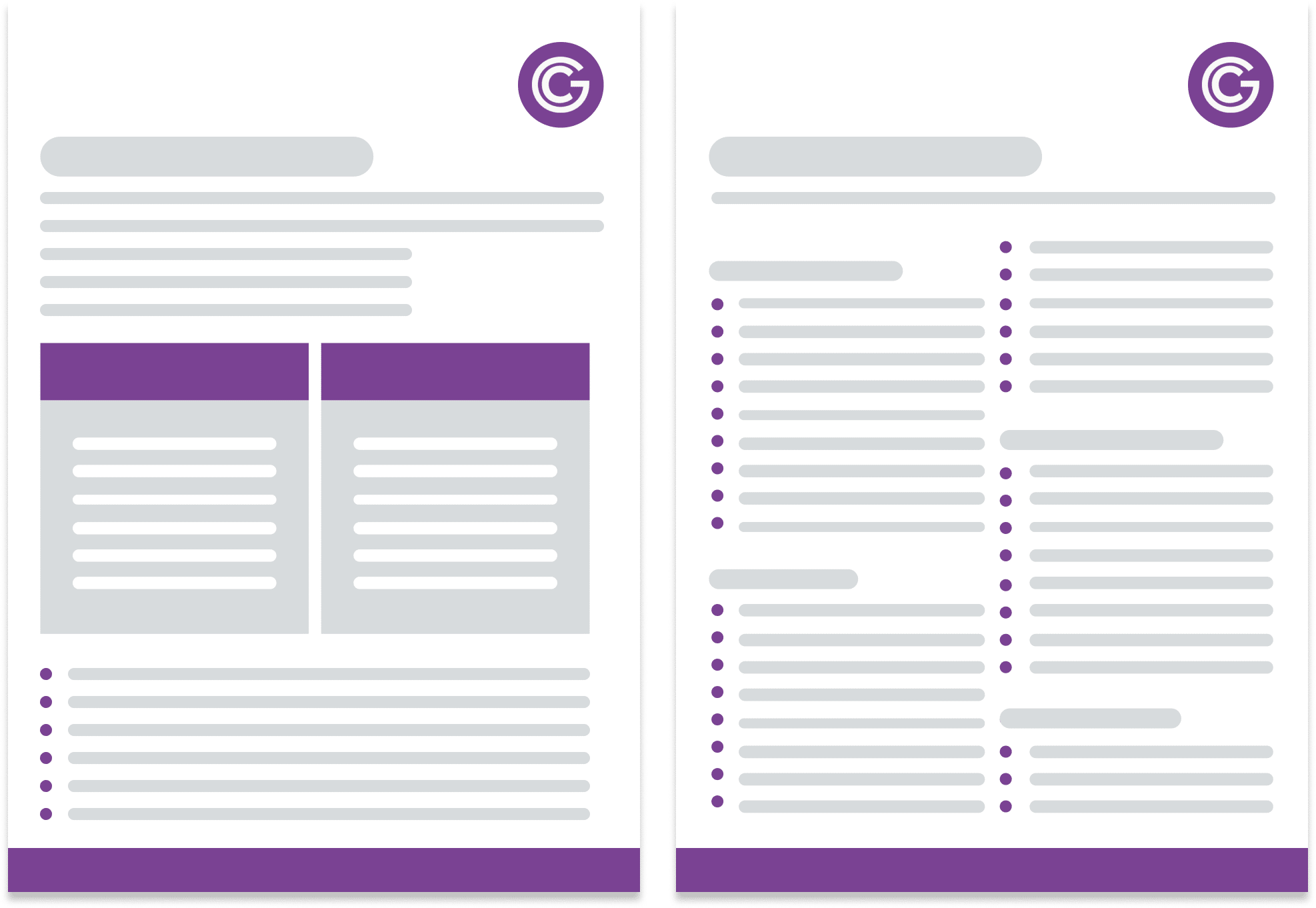
Tax evasion
The Criminal Finances Act (CFA) places an additional burden on corporates through the offences on the failure to prevent the facilitation of UK or foreign tax evasion.

What we do
GoodCorporation’s works with companies to review and assess their tax and payment structures using our tailored framework as the basis for this work.
This enables organisations to ensure that they can effectively mitigate the risk of facilitating tax evasion, either directly or via third parties such as advisers.
The framework can be used to evaluate the risks of facilitating tax evasion, as a tool to improve and as a means of measuring whether or not reasonable procedures are in place.
This is a requirement of the Criminal Finances Act which requires companies to scrutinise their policies and systems around tax and payments extremely carefully.
Complying with the
Criminal Finances Act
Start with a risk assessment
Consider all types of tax evasion
Ensure the definition of an associated person is properly understood and that all are identified and known
Implement procedures to prevent the facilitation of tax evasion across multiple levels and across departments to ensure all potential risks are covered
Carry out periodic reviews of the tax evasion risks faced by the organisation

Tax Evasion Framework
GoodCorporation’s four-page Framework on Preventing Tax Evasion and the Facilitation of Tax Evasion comprises a set of responsible business principles that can be used as a tool to improve the robustness of management practices in relation to the risks of facilitating tax evasion.
This Framework covers the key topics necessary for businesses to effectively mitigate the risks of tax evasion. These include integrating top-level commitment; corporate strategy; risk assessment; communication and training and due diligence, as well as understanding key tax areas, committing to transparency and developing effective compliance and monitoring processes.

There is a grey area between clever tax strategies and excessive tax avoidance. While careful tax planning may make sound business sense, from a reputational point of view, public opinion has an increasingly clear idea of what is right and what is wrong. Businesses need to understand this and act accordingly.
Guest at GoodCorporation’s Business Ethics Debate on responsible tax management



